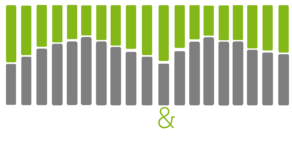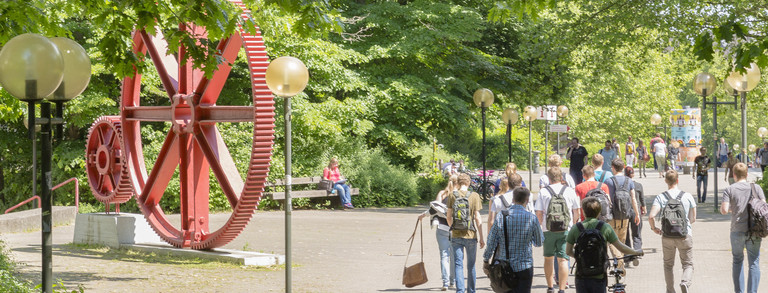AGE-WELL
Material conditions and older age wellbeing in Germany and Poland: institutional and regional variation in individual risks and insurance mechanisms
Brief description
In view of the demographic development and growing social inequalities in many European countries, the question arises under what conditions a high level of well-being in old age is possible. The aim of the project is to gain a better understanding of the relationship between material resources and the well-being of older people. To this end, we are conducting comparative analyses of Germany and Poland - two countries that on the one hand share many common features of welfare state institutions, but on the other hand also show significant differences with regard to the economic and social situation of the elderly population.
We investigate social inequalities over the life course and determinants of well-being in different national and regional contexts. Specifically, we focus on different material risks (e.g., illness and need for long-term care), safeguarding mechanisms at the individual (e.g., real estate ownership or private pension provision) as well as at the contextual level (e.g., transfer services and health care infrastructure) and their effects on individual well-being. For the analyses, longitudinal individual data from the Survey of Health, Ageing and Retirement in Europe (SHARE) will be combined with detailed regional data for Germany and Poland (at LAU level).
Project term
02/2020-02/2023
Cooperation partners
Dr. Michał Myck, Artur Król, Ellam Kulati, Monika Oczkowska (CenEA)
Team of the TU Dortmund University
Prof. Dr. Martina Brandt (project leader), Dr. Alina Schmitz, Claudius Garten, Imke Springer
Funding
German Research Foundation (Beethoven)


